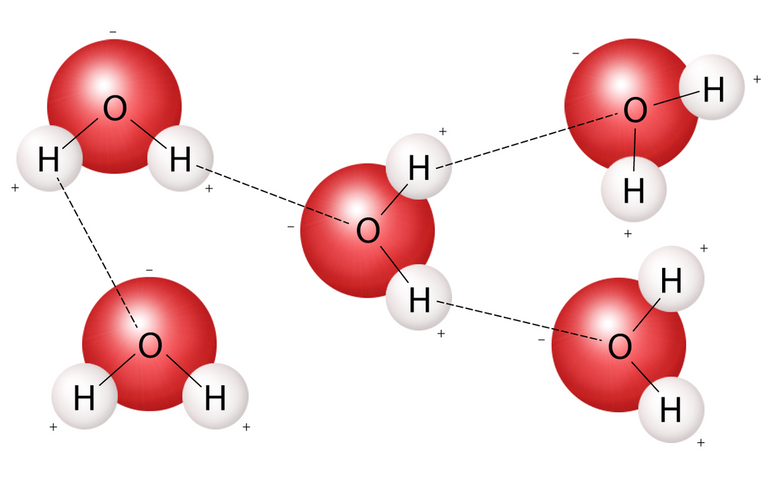The Dangers of Dihydrogen Monoxide | Super Cool Science S#!t #29
Dihydrogen Monoxide isn't just icicles and rainbows...

Image Source: USGS
Also known as Hydrogen Hydroxide or Hydric Acid, Dihydrogen Monoxide is a simple chemical comprised of only 3 atoms, 2 positively charged hydrogen atoms attached to a single negatively charged atom of oxygen, but it can be deadly to humans and the destruction it causes to our natural environments cannot be ignored. DHMO is both colorless and odorless, and it can be found in nearly every corner of the Earth.
It is the main component of acid rain and can cause massive erosion to landscapes large and small over time. DHMO is responsible for billions of dollars worth of property damage every year, ripping through homes and destroying entire towns when it spills out of the natural formations that typically contain it.
Dihydrogen Monoxide causes a chemical reaction on the surface of metals like iron and copper, stealing their electrons in a process known as oxidation. Dihydrogen Monoxide is very often fatal if inhaled, and roughly ten people die of DHMO inhalation in the United States every single day. Prolonged exposure to this "simple" chemical in its solid form can cause extreme tissue damage and severe burns in its gaseous form. Click here to read the Material Safety Data Sheet for Dihydrogen Monoxide so you know how to properly handle this chemical if you're ever asked to.
DHMO covers the planet, and there's truly no escaping it. It's in the things you eat, it's in the things you drink. It's used in everything from nuclear power plants to the mass farming of crops and livestock. Go into your backyard, and I can almost guarantee you there is enough Dihydrogen Monoxide to kill you if you're not careful.

Image Source: Pexels
It's usually completely harmless to ingest DHMO, and many would even recommend it for its ability to keep one hydrated and its effects on athletic performance. Be warned, though, you could become dependent and feel like you need it to continue living, and too much of it at once can have severe side effects like profuse sweating, frequent urination, and even cause hyponatremia due to overworking your kidneys.
On the other hand, DHMO withdrawals are fatal in practically every case, so there's that.
Dihydrogen Monoxide is a very serious chemical that must be treated with respect. I encourage you to continue reading by visiting some of the links in the references section below and learn as much as you can about DHMO today in order to keep you and your family safe!
References
- https://dhmo.org/
- https://www.lockhaven.edu/~dsimanek/dhmo.htm
- https://www.cdc.gov/homeandrecreationalsafety/water-safety/waterinjuries-factsheet.html
- https://www.mayoclinic.org/healthy-lifestyle/nutrition-and-healthy-eating/in-depth/water/art-20044256
- https://www.washingtonpost.com/archive/opinions/1997/10/21/dihydrogen-monoxide-unrecognized-killer/ee85631a-c426-42c4-bda7-ed63db993106/
Thanks for Reading!


Get a custom banner for your blog HERE

Thanks for your contribution to the STEMsocial community. Feel free to join us on discord to get to know the rest of us!
Please consider supporting our funding proposal, approving our witness (@stem.witness) or delegating to the @stemsocial account (for some ROI).
Please consider using the STEMsocial app app and including @stemsocial as a beneficiary to get a stronger support.